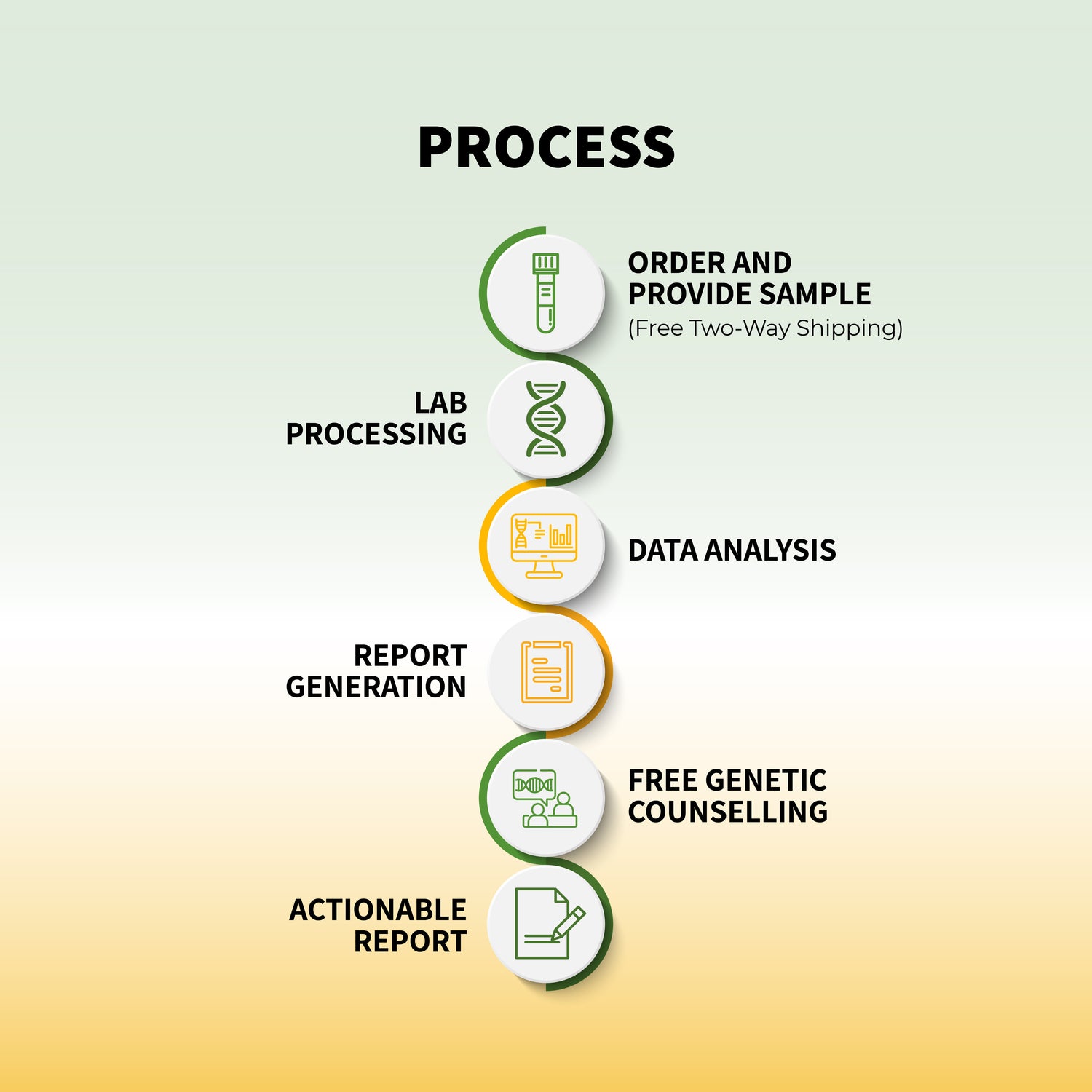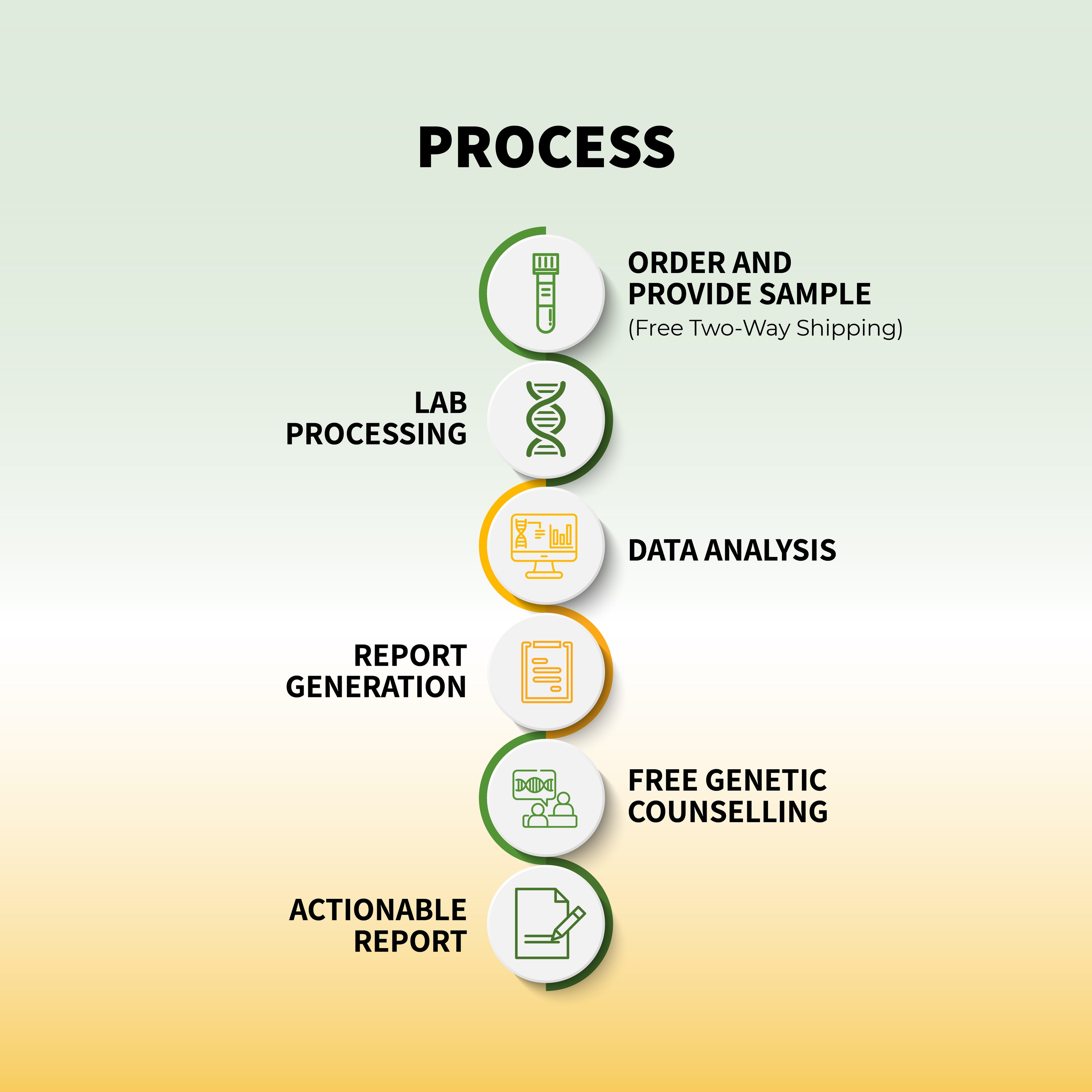We’ve all had nights when sleep just doesn’t come easily. But if you’re tossing and turning more often than not, you might be dealing with insomnia, a common yet serious sleep disorder. Insomnia affects millions worldwide and can make you feel drained, irritable, and unable to focus during the day. Let’s dive into what it is, how it differs from other sleep disorders, and most importantly, how to improve sleep quality for a better life.
What is Insomnia Sleep Disorder?
Insomnia is the inability to fall asleep, stay asleep, or wake up feeling refreshed. It’s not just an occasional bad night’s sleep; it can be a chronic condition that affects your overall well-being.
Insomnia Symptoms
- Difficulty falling asleep despite being tired
- Waking up frequently during the night
- Feeling tired even after a full night's rest
- Trouble concentrating during the day
- Mood swings or irritability
Types of Insomnia
1. Acute Insomnia
Short-term and often triggered by stress, changes in routine, or emotional distress.
2. Chronic Insomnia
Lasts for three months or longer, often tied to other health conditions like anxiety or depression.
How Insomnia Differs from Other Sleep Disorders
Sleep Apnea
Sleep apnea is a condition where breathing repeatedly stops and starts during sleep. Unlike insomnia, it’s often caused by physical blockages in the airway.
Narcolepsy
Narcolepsy is a neurological sleep disorder that causes overwhelming daytime sleepiness and sudden sleep attacks.
SRBD (Sleep-Related Breathing Disorders)
This is a group of conditions, including sleep apnea, that affects breathing patterns during sleep.
Fatal Familial Insomnia (FFI)
A rare genetic disorder that causes severe, progressive insomnia, leading to hallucinations and eventual death.
What Causes Insomnia?
There’s no one-size-fits-all answer, but common causes include:
- Stress and Anxiety: Work deadlines, financial worries, or personal issues.
- Poor Sleep Hygiene: Watching TV or scrolling your phone in bed.
- Medical Conditions: Chronic pain, asthma, or depression.
- Lifestyle Choices: Drinking caffeine late in the day or working irregular hours.
Insomnia Treatment Options
Good news—insomnia is treatable! Here are some ways to tackle it:
1. Cognitive Behavioral Therapy for Insomnia (CBT-I)
CBT-I is a structured, evidence-based approach that helps you change negative thoughts and behaviors around sleep.
2. Medications
Over-the-counter or prescription sleep aids can help but should be used as a last resort and under a doctor’s supervision.
3. Natural Remedies
- Melatonin Supplements: Helps regulate your sleep-wake cycle.
- Herbal Teas: Chamomile and valerian root can be calming.
4. Addressing Underlying Issues
If insomnia is caused by a condition like anxiety, treating that condition can improve your sleep quality.
Tips to Improve Sleep Quality
If you’re wondering, “How can I finally get a good night’s sleep?” here are some actionable tips:
1. Stick to a Sleep Schedule
Go to bed and wake up at the same time every day—even on weekends.
2. Create a Sleep-Friendly Environment
- Keep your bedroom cool, dark, and quiet.
- Invest in a comfortable mattress and pillow.
3. Limit Screen Time Before Bed
Blue light from phones and TVs can mess with your melatonin levels.
4. Avoid Stimulants in the Evening
Say no to coffee, energy drinks, and even chocolate after 4 PM.
5. Practice Relaxation Techniques
- Meditation or Yoga: Helps calm the mind.
- Deep Breathing Exercises: Reduces stress before bedtime.
6. Be Mindful of Your Diet
- Eat dinner at least 3 hours before bed.
- Avoid heavy, greasy meals late in the evening.
How to Enhance Sleep Quality with Genetics
Did you know your genes can influence your sleep patterns? A genetic test can uncover insights about how your body produces melatonin, your natural sleep cycle, and even how caffeine affects your ability to sleep. Armed with this knowledge, you can make smarter lifestyle choices tailored to your biology.
When to See a Doctor
If your insomnia persists for more than a month and starts affecting your daily life, it’s time to consult a healthcare professional. Conditions like sleep apnea, narcolepsy, or SRBD might require specialized treatment.
FAQs About Insomnia Sleep Disorder
1. What is the main cause of insomnia?
Stress, anxiety, poor sleep hygiene, and underlying medical conditions are the most common causes.
2. How is insomnia different from narcolepsy?
Insomnia is about not being able to sleep, while narcolepsy involves excessive daytime sleepiness and sudden sleep attacks.
3. Can lifestyle changes really help with insomnia?
Absolutely! Improving sleep hygiene, reducing stress, and sticking to a routine can make a huge difference.
4. Are there foods or drinks that can improve sleep?
Yes, foods rich in magnesium like bananas, nuts, and seeds, as well as chamomile tea, can promote better sleep.
5. Is insomnia linked to genetics?
Yes, genetic factors can influence your sleep patterns, making some people more prone to insomnia than others.
Take the First Step Toward Better Sleep
Living with insomnia can feel overwhelming, but small changes can make a big impact. Whether it’s tweaking your bedtime routine, seeking treatment, or exploring genetic insights, you have options. Remember, sleep is not just a luxury; it’s a necessity for a happy, healthy life.
Are you ready to reclaim your nights and wake up refreshed? Start today!

















